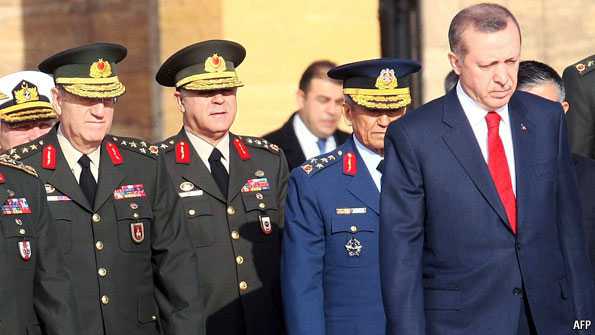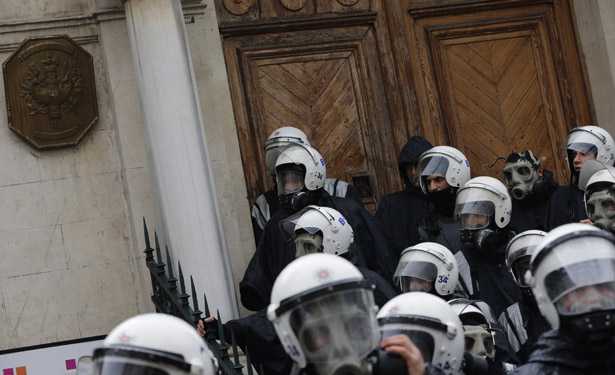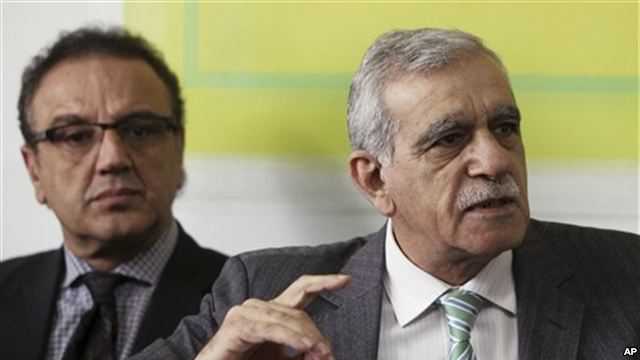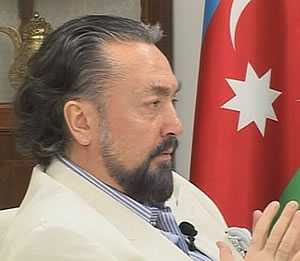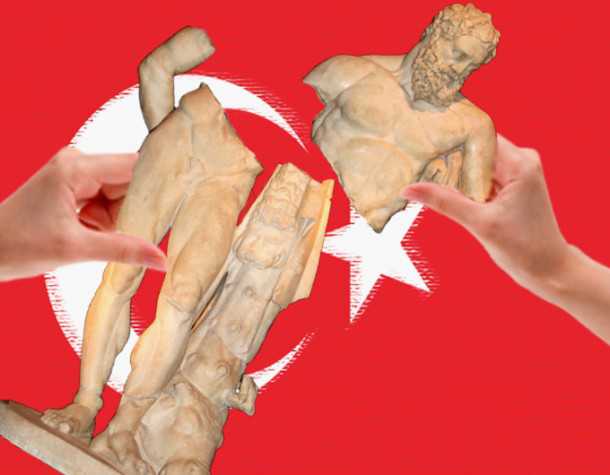By BEJAN MATUR
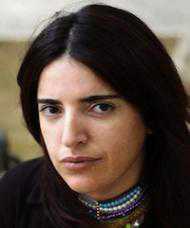 I have been living in Istanbul since 1994. I live in a house with a view of the Bosphorus Straits. I was once criticized by a journalist friend who said, “One cannot understand the Kurdish issue by looking at the Bosphorus Straits.”
I have been living in Istanbul since 1994. I live in a house with a view of the Bosphorus Straits. I was once criticized by a journalist friend who said, “One cannot understand the Kurdish issue by looking at the Bosphorus Straits.”
He was later convinced that his remark was unjust, but I still remember my reply to his remark that day. “When I look at the Bosphorus Straits in Istanbul, I see mountains,” I said. Indeed, if you are really a Kurd, then no matter where you live and the position you are in, you will always have the image of mountains in your mind. This image creeps into your mind even when you are asleep. This iconic image is so strong that it leaves you sleepless some nights, as it has many tales to tell.
Two years ago, I wrote a book entitled Looking Beyond the Mountains, which was made up of my interviews with the guerillas of the Kurdistan Workers Party (PKK). This is because if you have an influential mountain, not only in your life but even in your imagination, you cannot stay indifferent to what happens beyond that mountain. The bond of brotherhood that ties you to the people living behind the mountains concerns you at some level. It worries you, makes you happy, and angers you at times.
Before taking the decision to write this column, I had been many times to Erbil, Kirkuk, Makhmour, Qandil and other cities. The curiosity that I felt was deeper than that of a journalist, because I know that despite the continuing difficulties, there is an exciting reality in the making that makes one feel good about oneself.
I have always thought that even geography has a fate. The fate of the Kurds nowadays offers them great opportunities, and we can witness today how these opportunities are creating ground for great hopes.
The historical fate of the Kurds has changed a lot these days, and I very much care to make my voice reach beyond the borders that are drawn between us. Because, although we have fallen apart, and just as I see mountains when I look at the Bosphorus Straits, you, too, care about the Kurds of the north.
I think those of you who are leaning on one side of the mountains must be longing for the sea as well. The interest and curiosity that we feel for each other is obviously an ontological necessity. This curiosity is not something new. I remember, as a little child, my grandfather in our moonlit village listening secretly to some illegal radio station to learn about the struggle of Mustafa Barzani. He was proud of Barzani’s struggle, which reached all the way to our village through the fuzzy radio signals.
We, the Kurds who lived on the other side of the mountains, might have been weak and dumb at that time. But we felt that there, beyond these mountains, lived some people that exalted Kurdish pride.
The pride that my grandfather and the village elders felt in those days is living on in my generation. Regardless of the reasons, any bad news from the other side would have made us feel bad and the good news made us feel proud. For this reason, it is very important for me to write for Rudaw, which is published in the city of Erbil, the stronghold of Kurdistan notion.
In doing so, I feel a nostalgic melancholy. Deep inside, I wish my grandfather and his generation could have seen this day. Today, the people who lived beyond the mountains and to whom my grandfather secretly listened to through the fuzzy radio signals, are now integrated with the rest of the world. It is a proud moment for me to witness this reality. The world deserves the Kurds the same way the Kurds deserve the world.
Every week, I will try to give you a view from Turkey in this column. Thinking about the distance between us will increase my excitement every time I write to you. From the Kurdistan Mountains to the Bosphorus Straits, the Kurds are working to build their future that they deserve. In doing so, it is no longer an option to stand shoulder-to-shoulder, it is not a historical responsibility, it is more important than all that: It is a deep human necessity. The price of getting onto the stage of modern history as a subject was very heavy for the Kurds. Today, with the awareness of all the sacrifices that we paid, I say greetings to you my dear friends.
via Rudaw.net – English – Greetings from Istanbul.

